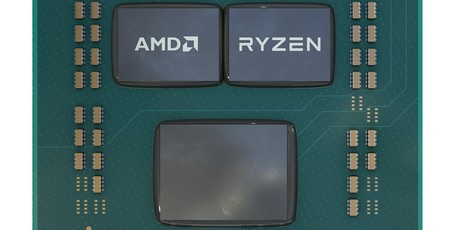
Overclocking
We haven't heard about any changes to AMD's recommended voltages, so for our initial overclocking exploits we've used the usual 1.425V, which is generally as high as we'd take things with a 24/7 overclock given AMD's recommendation that 1.45V and above should only be used for short-term benchmarking.
Sadly, we weren't met with much headroom with a manual all-core overclock, with the Ryzen 9 3900X seeming to reach a wall at 4.4GHz. However, during some of our lengthy content creation benchmarks, even this frequency started to wobble. Bumping up the memory voltage a little, applying loadline calibration, and increasing the vcore to 1.44V still didn't solve the issue. In the end, we settled with 4.3GHz, which is similar to others we've heard, and this is clearly a little disappointing given the peak boost frequency of this CPU is 300MHz higher. Still, we're not dealing with an Intel CPU here, where at the very least you'd expect parity between all-core overclock and maximum boost frequency.
Performance Analysis
We should highlight the fact that 3rd Gen Ryzen CPUs can easily handle 3,600MHz memory, which will see some performance uplift compared to our numbers obtained from a 3,466MHz C16 memory kit, but to allow older CPUs to join the party in comparable results, we decided to drop down to 3,466MHz. This should still paint the AMD CPUs in a good light compared to the 3,000MHz kits we used previously, but there is potentially a little more on tap from another 133MHz memory speed - something to bear in mind.
Despite the meagre overclocking headroom, the Ryzen 9 3900X was blisteringly quick in pretty much every test, and from the outset we were amazed to see just how much quicker it was than the 12-core Threadripper 2920X. While Adobe Premiere only showed a four percent boost at stock speed, the Zen 2 CPU was a massive 14 percent quicker in HandBrake, 18 percent faster in PCMark's Photo Editing test, and a somewhat outrageous 27 percent better in Cinebench R20 too. These are bordering on mind-boggling numbers in content creation, and the poor Threadripper CPU is completely blown out of the water, which probably explains its monumental price drops in the last few days.
While the Intel Core i9-9900K is only an eight-core CPU, it nonetheless has significantly higher frequencies as well as a similar price tag. It kept up in Premiere Pro, but in every other test the Ryzen 9 3900X was a huge amount faster and even managed to topple the Intel CPU in Cinebench's single-core test at 521 points versus 517 for the Core i9-9900K - finally a lightly-threaded win for AMD, an area that Intel has always been so dominant. Also worthy of note is the Cinebench multi-core score of 7,223, which is more than double that of the Ryzen 7 1800X, which cost the same price and was AMD's mainstream flagship in 2017.
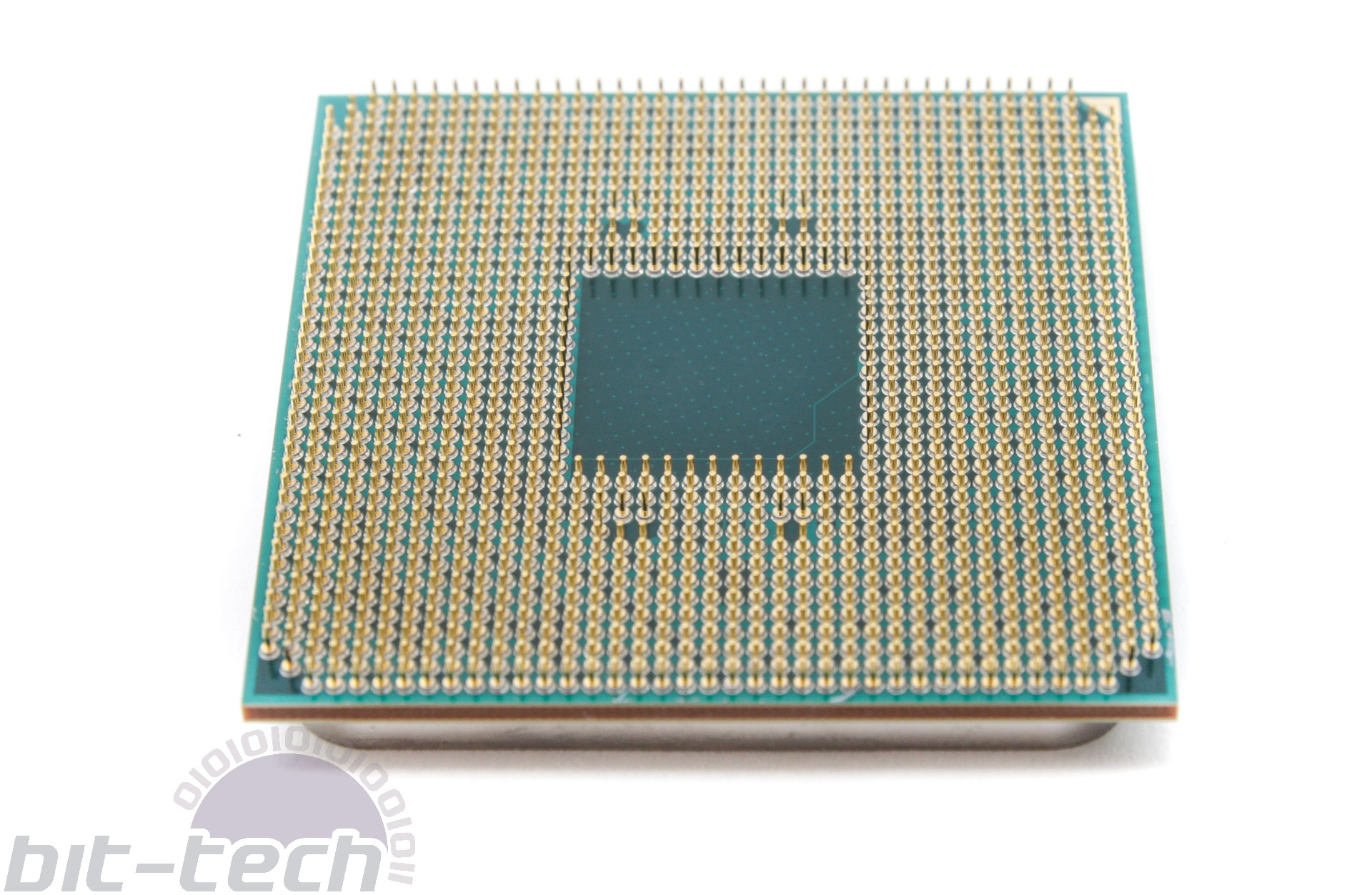
We'll be testing CPUs with 10 or more cores in a couple of additional benchmarks, namely Blender and POV-Ray and for the moment we only have numbers for the Threadripper 2920X on our new test system, but if you bought a 12- or 16-core Threadripper system last year, well, you have our sympathies. The Ryzen 9 3900X was between 15 and 20 percent quicker in these tests, and seeing as the Threadripper 2920X performed similarly on our old system, we can deduce that these figures put the Ryzen 9 3900X roughly on par with the 16-core Threadripper 2950X. In fact, the Ryzen 9 3900X's results in Blender are identical, yet it had four fewer cores and lacks quad-channel memory. Given how decimated The Core i9-7900X was here too, we have little doubt that Intel's 12- and 14-core CPUs are simply not worth the cash now, seeing as the Core i9-9980XE is the only Intel HEDT CPU we've tested recently that offers significantly more performance than the Threadripper 2950X, especially when overclocked.
Moving on to gaming, then, and things are vastly improved here too. Dota 2 is a typical free-to-play, relatively easy-to-run esports title and thus a great indicator of a game that's likely to be CPU-bound to a relatively large degree. At stock speed, the Ryzen 9 3900X was much quicker than the Core i7-8700K, only six percent slower than the Core i7-9700K, and 10 percent adrift of the Core i9-9900K on the 99th percentile frame time and less than five percent slower on the average frame rate at 202fps versus 193fps for the AMD CPU. It's clearly not a win, but just look at the result for the Ryzen 7 2700X, which was a huge amount slower and decidedly last generation. Far Cry 5 was a messy battle, with the Ryzen 9 3900X claiming victory in the 99th percentile against the Core i9-9900K while the latter was faster on the average frame rate. Strangely, the Core i7-9700K was much quicker still on the 99th percentile despite us revisiting this result; our current assumption is that this is due to it lacking Hyper-Threading, unlike every other CPU on test.
Once overclocked to 4.3GHz, which was a reasonable boost over the 4.05GHz we observed for the all-core boost in multi-threaded tests, we saw a marginal impact in the content creation tests that are heavily multi-threaded but also witnessed the single-threaded result in Cinebench fall from 521 to 502 as a result of the disabled boosting. Dota2 was also slower, suggesting it is a more lightly threaded game, but Far Cry 5's 99th percentile rose from 91fps to 96fps, suggesting this benefits from more consistent multi-core boosting. Blender saw the biggest improvement, with the render time falling from 42 seconds to 39. Power consumption sat at 262W for the system as a whole under load, which was just 9W more than the Ryzen 7 2700X, with the latter as well as Intel's Core i9-9900K overtaking the 12-core CPU once overclocked - unsurprising given that they both overclock higher in terms of frequency.
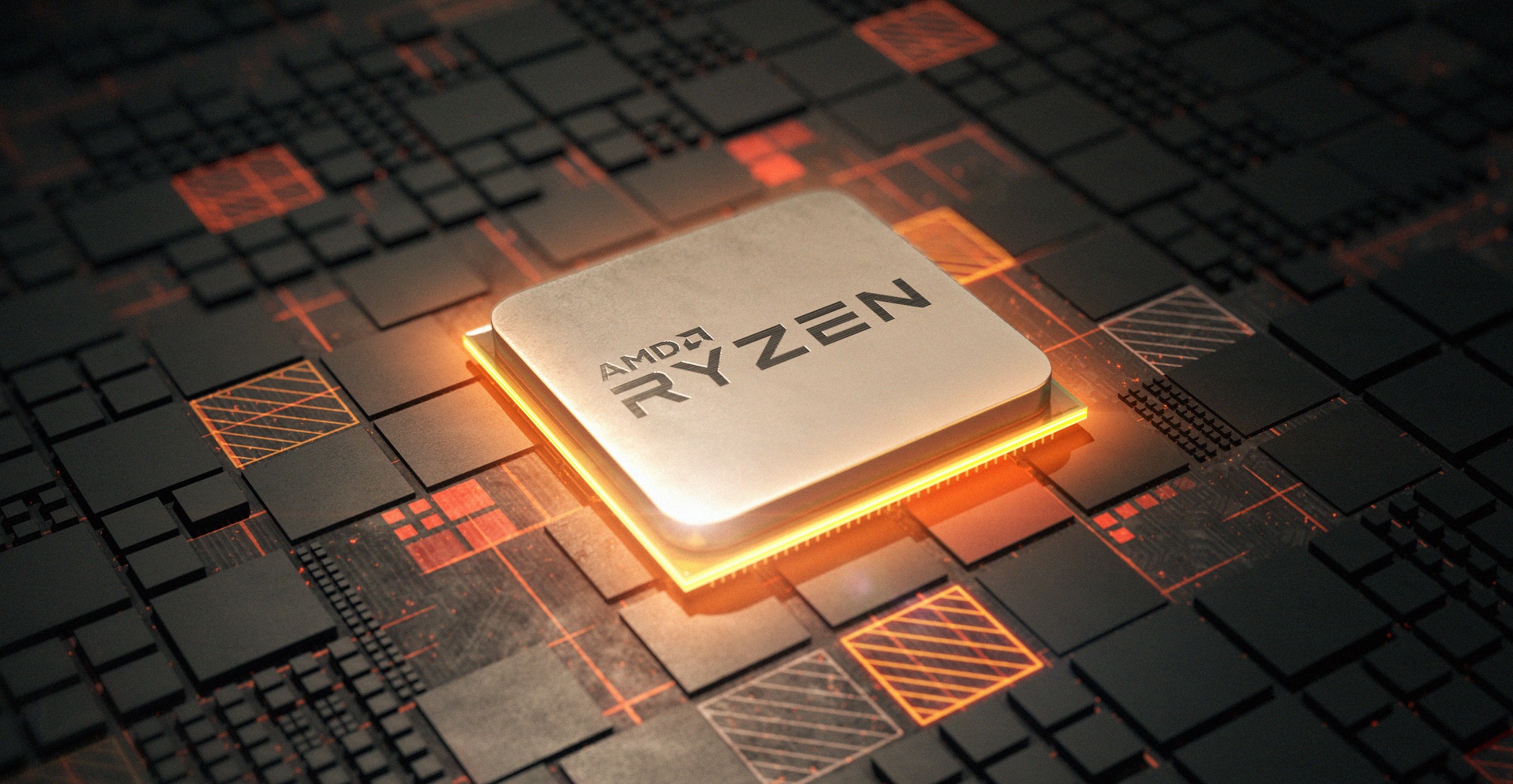
Conclusion
We're massively impressed with the Ryzen 9 3900X both in terms of it taking the fight to Intel and offering more performance than previous-generation CPUs. We'll start with the negatives, though, namely the very poor overclocking headroom; we added just 250MHz to the 4.05GHz all-core boost that we observed under decent cooling. We also had a quick play with Precision Boost Overdrive and Automatic Overclocking, and while these increased the stock all-core boost a little further, we didn't see anything above the stock 4.6GHz PB2 frequency. This does mean that manual overclocks are only worth it if you want the best multi-threaded performance, at least as far as our CPUs go, but also that dreams of overclocking to the higher end of the 4-5GHz spectrum appear to be just that - dreams. It also suggests that there's maybe not much headroom with Zen 2, or that yields at the moment aren't delivering lots of high frequency-capable chiplets, which could also explain why the Ryzen 9 3950X, with its 4.7GHz boost, won't launch until September.
Moving to more positive assessments, there's clearly a huge amount of multi-threaded performance on tap, and we're also looking at a very capable gaming CPU too, one which comes close to Intel, matching it or even bettering it in a couple of area. The tiny differences now mean that, ultimately, gaming is a non-issue in comparative terms, unless an extra ~10fps at 100fps 99th percentile/200fps average at 1080p are worth having to you. For most of us, the performance gained elsewhere will more than make up for this, as the Ryzen 9 3900X is an absolute monster in multi-threaded content creation benchmarks, even making both 2nd Gen 12- and 16-core Threadrippers appear redundant, especially as this mainstream CPU will run fine on most B450 and X470 boards, saving a huge amount of cash there too.
The same can be said for Intel's HEDT line-up, which, looking at previous results for a rough comparison, simply doesn't have an answer in this price range. The Core 10c/20t i9-7900X seems hopelessly outgunned yet demands nearly £900, and the newer Core i9-9900X sits closer to a cool £1,000. Sure, they offer quad-channel memory, but if raw performance is all you're concerned about, then AMD has just turned the market on its head. The only reason you should be considering anything less than 16 cores on HEDT now - be it AMD or Intel - is for extra PCIe lanes. For everything else, such as high-end content creation mixed in with gaming, the Ryzen 9 3900X just became our CPU of choice, and it will not only leave you change from £500 but also includes a cooler.
Zen 2 seems to be living up to most of the hype, and if you need a powerful CPU that's a dab hand at content creation and gaming or can't afford an HEDT system but need some extra cores and threads, the Ryzen 9 3900X is a much better option than the Core i9-9900K and, unless you need the extra PCIe lanes, is also a more sensible choice than sub-16-core CPUs from both AMD and Intel.
...Anyone else excited for the 16-core Ryzen 9 3950X?


MSI MPG Velox 100R Chassis Review
October 14 2021 | 15:04

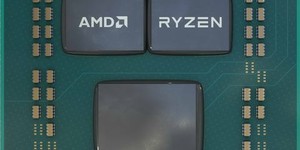
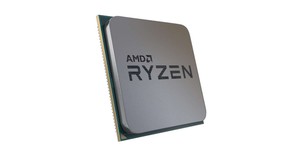
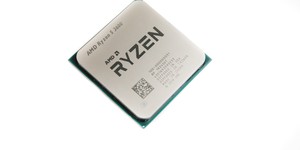




Want to comment? Please log in.